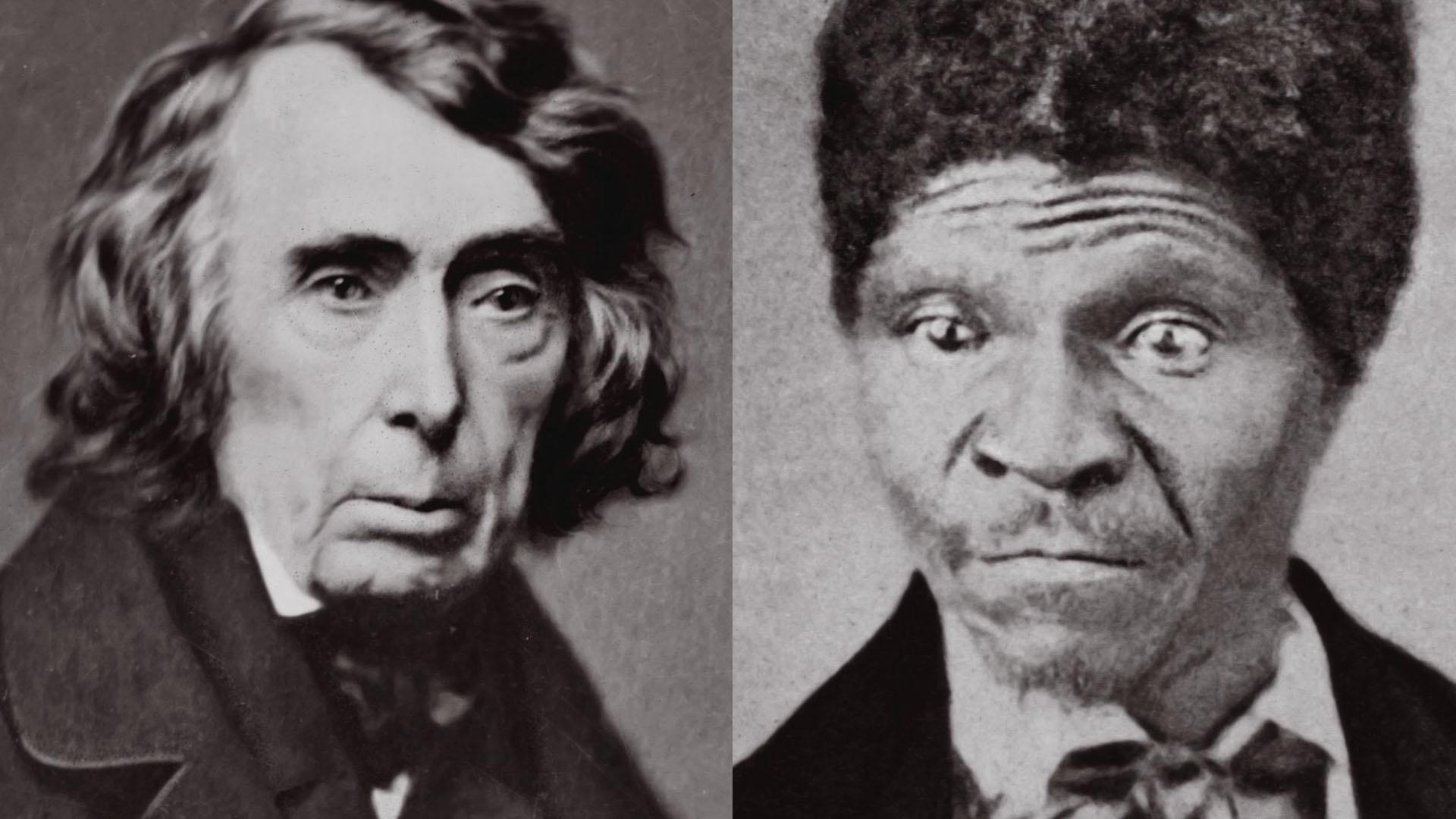Authors:
Historic Era: Era 5: Civil War and Reconstruction (1850-1877)
Historic Theme:
Subject:
Winter 2021 | Volume 66, Issue 1


Authors:
Historic Era: Era 5: Civil War and Reconstruction (1850-1877)
Historic Theme:
Subject:
Winter 2021 | Volume 66, Issue 1
Editor's Note: H. W. Brands is a history professor at the University of Texas at Austin. He has written thirty books, including the just published The Zealot and the Emancipator, a dual biography of the abolitionist John Brown and President Abraham Lincoln, in which portions of this essay appeared.

As a young man, Roger Taney gave no sign of becoming the most notorious defender of slavery in the history of American jurisprudence. Indeed, the evidence pointed in the opposite direction. Taney practiced law in Frederick, Maryland, just below the Mason-Dixon Line, and was married to the sister of Francis Scott Key, an advocate for the legal rights of free blacks and the amelioration of the lot of slaves (and the lyricist of America’s eventual national anthem).
Taney joined Key and others in a legal-aid society that battled the kidnapping of free blacks into slavery. He meanwhile emancipated eleven slaves he had inherited, keeping only two who were, as he described them, “too old, when they became my property, to provide for themselves.”
In a widely noted law case Taney took the part of a Methodist preacher charged with inciting slave rebellion by a sermon sharply critical of slavery. The client was unpopular, being an outsider, from Pennsylvania, and annoyingly self-righteous besides.
Taney defended the preacher on free-speech grounds, but he went beyond the necessities of the case to indict slavery itself. He declared the institution a necessary evil, at best. “It was imposed upon us by another nation, while we were yet in a state of colonial vassalage,” he said. “It cannot be easily or suddenly removed. Yet while it continues, it is a blot on our national character, and every real lover of freedom confidently hopes that it will be effectually, though it must be gradually, wiped away, and earnestly looks for the means by which this necessary object may be best attained. And until it shall be accomplished, until the time shall come when we can point, without a blush, to the language held in the Declaration of Independence, every friend of humanity will seek to lighten the galling chain of slavery and better, to the utmost of his power, the wretched condition of the slave.”
Taney’s argument persuaded the jury, which acquitted his client. Nor did his indictment of slavery harm his political advancement. He became Maryland’s attorney general and then, after campaigning vigorously for Andrew Jackson, the attorney general of the United States. He took Jackson’s side against the Bank of the United States, when that institution polarized the country. And upon the death of John Marshall, Jackson promoted Taney to Chief Justice of the